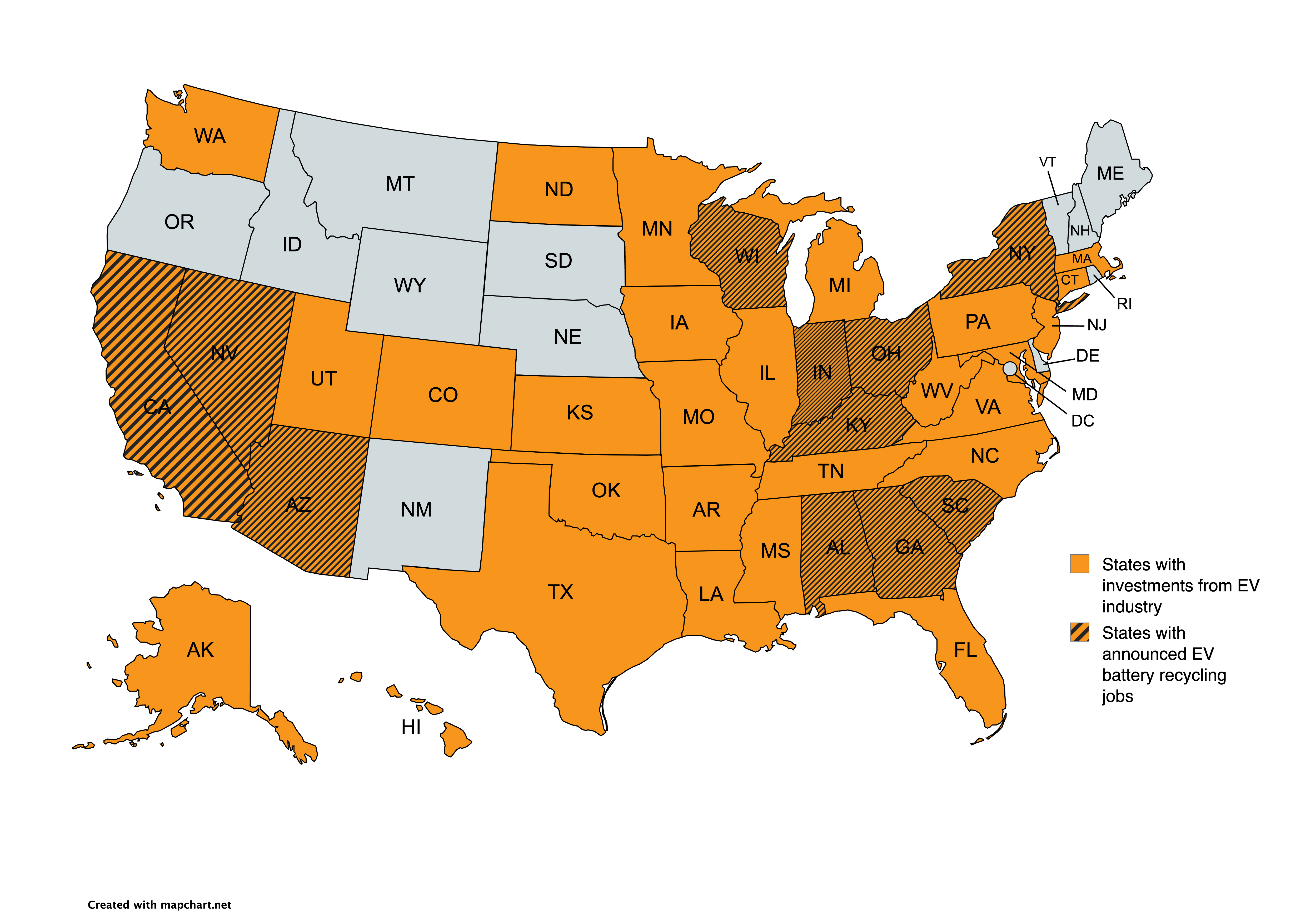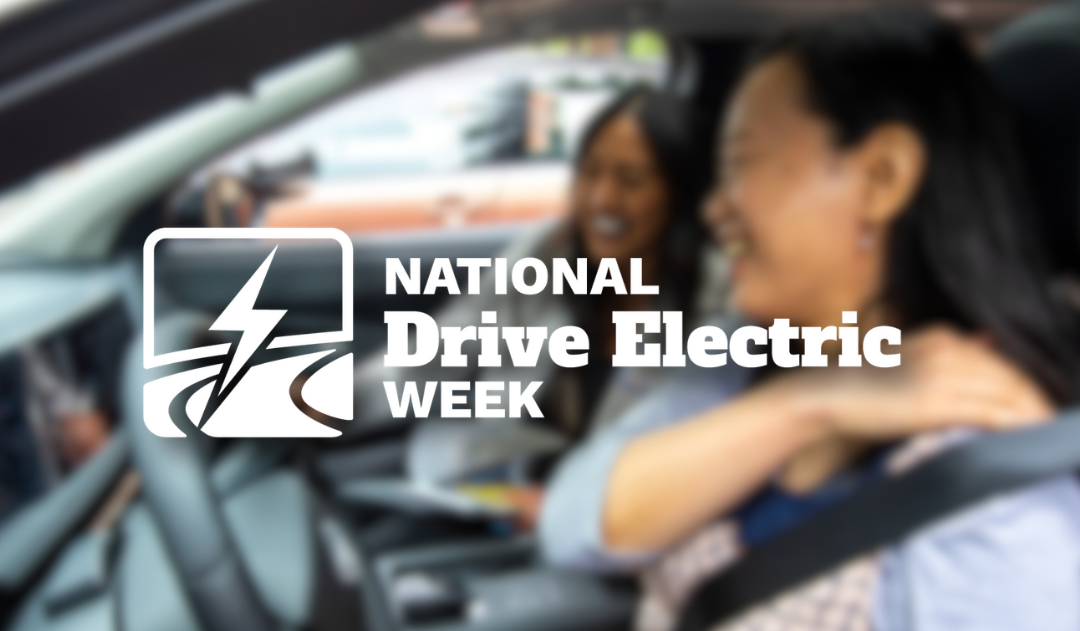With record-setting gasoline prices across the nation, an increasing number of drivers are considering EVs. Searches for new plug-in hybrid and all-electric vehicles are at record levels, increasing by over 60% since the beginning of March according to a report by MarketWatch. However, as the global supply chain faces new challenges each day, it can be a difficult time to make the switch to green vehicles.
Many dealerships still have vehicles available on their lots and are updating their websites daily. It is important to understand how the market has changed and what makes the current situation different from last year. According to a recent report from Cox Automotive new and unsold inventory is 62% lower than in December 2020, with the average new car transaction price at a record $47,077. This combination of high prices and low inventory levels is not surprising news, but frustrating to many drivers hoping to make the switch to an EV.
Across the nation, there are more than 20,000 EVs available for purchase from both large, small, and online dealerships. Tools such as PlugStar, Cars.com, or Cargurus can help you narrow down which vehicle will work best for you. With such a hot market, your first step should be to call the seller for availability. More often than not, vehicles will sell within the first few days of being posted online. Our advice: if you see a vehicle that fits within your criteria, don’t wait to reach out to confirm availability. There are a plethora of tools available here at Plug In America to help narrow your search.
Bright spots still exist in the market for shoppers of new and pre-owned EVs. Vehicles like the Chevy Volt and current generation 2018-2021 Nissan Leaf are available at reasonable prices nationwide. In larger metropolitan areas such as Los Angeles, Atlanta, or Seattle, where EVs are in high demand, prices are higher but have more inventory available than in suburban or rural areas. Numerous examples of vehicles such as the Chevy Bolt, Nissan Leaf, and Hyundai IONIQ EV are available in a variety of trim levels with relatively low mileage.
If you have a short commute or don’t drive too much, older model EVs such as the first-generation Nissan Leaf or Kia Soul EV are value leaders with a long history of reliability and owner testimonies. While these vehicles won’t have the 250+ mile range of brand new EVs on the market, they are affordable, reliable, and have inexpensive running costs. In this tight market, they provide a solution to skyrocketing energy costs.
A positive note is that you still have flexibility in what type of vehicle you’d like. Recent model year vehicles such as the Tesla Model 3 or Hyundai Kona Electric will command a higher price but will come packed with the latest technology and might have a large selection to choose from nationwide. These carry a higher price, but you have the benefit of not waiting months for a similarly specced vehicle. The Hyundai Kona Electric, Chevy Bolt, and Audi e-Tron all fall in this category with the added benefit of still having ample warranty coverage in most cases. Whether or not you want the latest technology or simply want to transition to an EV, lower-cost options exist that provide all of the same benefits as newer EVs.
Our Used EV Buyer’s Guide also provides a comprehensive list of what to look for when shopping for a pre-owned EV. Remember, buying a pre-owned plug-in hybrid or EV is not the same as buying a pre-owned gasoline vehicle. There are many factors to consider, such as battery health, usable range, and charging options to name a few. While EV and PHEV batteries are known to last the life of the vehicle, an older vehicle with high mileage will have less range than when it was new. Recurrent allows you to see a vehicle’s battery health and compare it to battery health statistics of the same make and model. This is important to make sure that the vehicle you are thinking of purchasing will provide the range you need to drive without worry. Depending on the state that you are in, the vehicle may still have warranty coverage on the battery or electric drive system. Most manufacturers have a lengthy warranty on EV batteries and their related components, usually for around 8-10 years and 100,000 miles on average from new. There are some exceptions to this standard, depending on which state you live in. For example, the California Air Resources Board (CARB) requires the main battery pack to have a warranty of 10 years or 150,000 miles, whichever comes first.
Using apps like PlugShare or A Better Route Planner will help you to see local charging station information and help you plan your charging stops on longer trips. Knowing what charging options you have outside the radius of your home or work will make long-distance travel much easier and reduce range anxiety. This goes hand in hand with making sure the pre-owned vehicle you are looking at has a healthy battery and has enough usable range for the trips you plan to take. Also, be sure to check with your local state and city municipalities for EV incentives such as reduced electricity rates, tax credits, or rebates to help make the transition to an EV or PHEV easier.
Although buying a new or pre-owned vehicle in these strange times comes with a unique set of difficulties, it is still possible to find a new or pre-owned vehicle that works for you. Once you go electric, you won’t go back!


